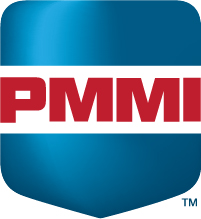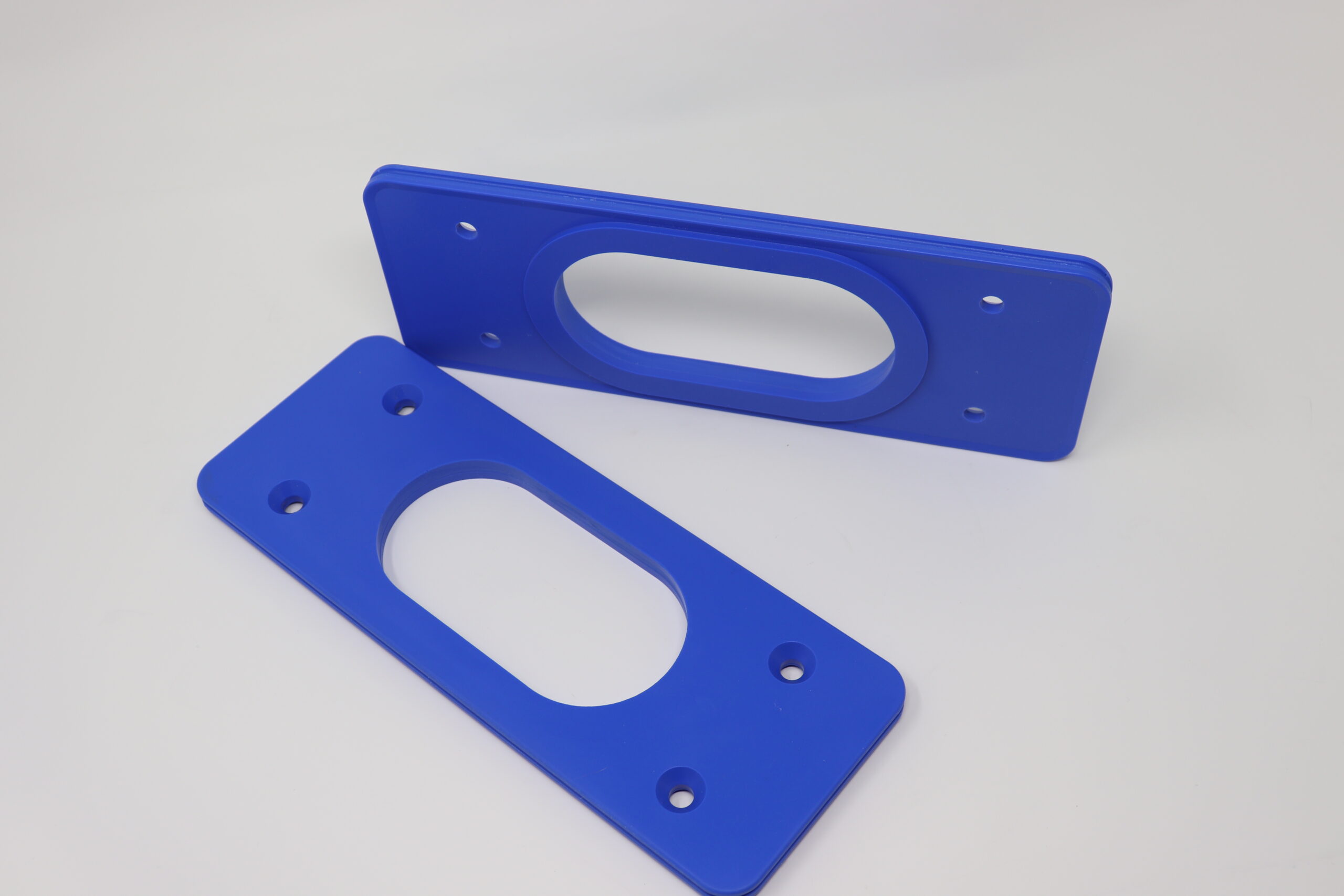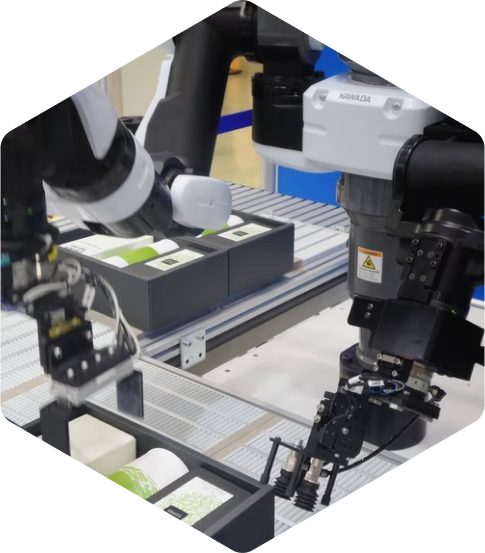Plastic parts play a pivotal role in a wide array of industries, from automotive to electronics and consumer goods to medical devices. Achieving flawless plastic production demands a meticulous blend of art and science. From the initial design concept to the final molded product, every step in the process holds the potential to influence the final outcome.
When designing for successful production, considerations can fall under two categories: those that impact the manufacturing process and those that impact component performance.
Manufacturing Considerations
Designing your plastic components for manufacturability entails a series of cornerstone considerations before production. It’s a proactive approach that involves creating a design that not only fulfills the intended purpose of the part but also aligns with the entire manufacturing process. This means designing with an acute awareness of the intricacies involved in transforming a concept into a tangible, high-quality plastic product.
Material Selection
The choice of plastic material has a cascading effect on every subsequent stage of production, especially the molding process. Factors such as mechanical properties, thermal stability, chemical resistance, and durability all hinge on the chosen material. For instance, if the application calls for a part with high-impact resistance, selecting a material with high strength becomes paramount.
Selecting your material can also be a major factor in the rest of the production process. The OMNI full-service product development team can help you discuss which materials would be best for your components from our variety of options, including thermoplastics like polycarbonate or Delrin, or thermosets like hot-cast polyurethane or silicone.
Method of Production
When developing your molded part, it’s essential to keep the production method in mind. OMNI takes pride in its diverse and advanced methods of production, which enable the development of high-quality components across various industries.
- Open Casting
- Compression Molding
- Spin Casting
- Plastic Injection Molding
- Transfer Molding
- Large-volume Machine Casting
Each method has its advantages and drawbacks, but a seasoned OMNI design expert can help you evaluate which method will be best for your needs. Some methods will be more cost-effective, while others have shorter cycle times than others.
Mold Design and Tooling
Custom plastic molding methods often require custom molds to create the final product. At OMNI, we create custom molds in-house with our team of R&D specialists to suit your OEM needs.
With compression molding services, custom molds are utilized as the blended material is dosed into the mold cavity. This places an emphasis on the compression molding process’s ability to create high-quality small and large components with high-precision designs and intricacies.
In relation to plastic injection molding, designs that integrate smooth, continuous curves and uniform wall thickness are often more moldable, as they allow for consistent material flow and cooling. It is vital to address potential challenges such as thin sections that cool too quickly, resulting in warping, or thick sections that retain heat and cause uneven shrinkage.
In addition to designing the mold itself, tooling must also be taken into account. The design needs to align with the capabilities of the mold-making process. Injection mold design involves details such as gate placement (entry point for molten plastic), runner design (channels that distribute plastic within the mold), cooling channels, and venting mechanisms. These factors collectively impact the flow of molten plastic, cooling rates, and overall part quality. Whereas compression molding has much more flexibility in what can be achieved. Collaboration between design and tooling teams is indispensable to ensure that the intention behind the mold design translates into a viable production process.
Together, our in-house designers can help you design your innovative solution and create custom molds for your plastic components.
Usage Considerations
These considerations focus on the proposed usage of the polyurethane components after they leave OMNI’s facilities.
Part Assembly and Joining
Part assembly goes beyond the individual piece as multiple elements must interact to form a functional product. A carefully planned approach to assembly not only streamlines the manufacturing process but also enhances the end-user experience and reduces potential errors during integration.
At the heart of this process lies the creativity that comes with working alongside OMNI’s vast design and material capability knowledge. OMNI works hard to incorporate features that facilitate seamless part assembly or create designs that incorporate multiple components into one homogenous part.
- Snap Fits: Precisely designed protrusions and recesses on different parts interlock with a satisfying ‘snap,’ eliminating the need for additional fasteners or adhesives. Snap fits not only accelerate assembly but also reduce costs and simplify disassembly for maintenance or recycling.
- Interlocking Tabs and Notches: These elements serve as guides during assembly, ensuring precise alignment of components. Tabs can be strategically placed to act as foolproof guides, preventing incorrect orientations and minimizing the risk of production errors in the facility. The process becomes intuitive, enhancing assembly speed and accuracy.
- Molded in place inserts and bosses: In some instances, fasteners are required. Where this is the case OMNI can mold metal threads into the design to increase thread strength, making assembly more straightforward, and the risk of damaging the part while attaching components is significantly reduced. These features are particularly valuable in applications that require frequent disassembly for maintenance or repair.
These assembly and joining procedures can be determined through the design process and understanding the end use of your components.
Cost of Production
Understanding the cost of manufacturing each component can play an important part in the design process. Considering the individual costs of production expenses, as well as the overall cost of the component, plays a pivotal role in ensuring the viability, competitiveness, and profitability of a product. Costs can be influenced by the material selected, the tooling and equipment used, and the actual machining of the component itself.
Durability of Products
The usage of your plastic components and their durability needs are an essential part of the design process. When you meet with our team, we can help you evaluate the durometer desired for optimum performance with your molded components, which is vital to ensure quality products that stand the test of time and workplace pressure.
Production Times
Each method of production also carries its own unique production time. In some cases, shorter lead times require faster methods of production. During the design process, you will be informed of proposed production times to assist in the selections made when developing your custom plastic parts.
Design Your Custom Polyurethane Components with OMNI
Successful plastic part production requires a multidisciplinary approach that involves not only design services, but also engineering, manufacturing, and quality assurance teams working together to achieve the desired outcome. From concept to creation, OMNI’s commitment to excellence shines through every stage of the design and plastics manufacturing journey.
With an unwavering focus on material selection, meticulous design, advanced production techniques, and rigorous testing, OMNI ensures that each custom polyurethane component exceeds the highest standards of performance and longevity. By entrusting your vision to OMNI, you’re not just creating components; you’re forging world-class enduring solutions, leaving an indelible mark of quality and reliability in every application they serve.
Discover the OMNI difference – where creativity, engineering acumen, and unwavering dedication converge to shape custom polyurethane OEM components that define durability and excellence. Request a quote from our product design team for your custom polyurethane components.







